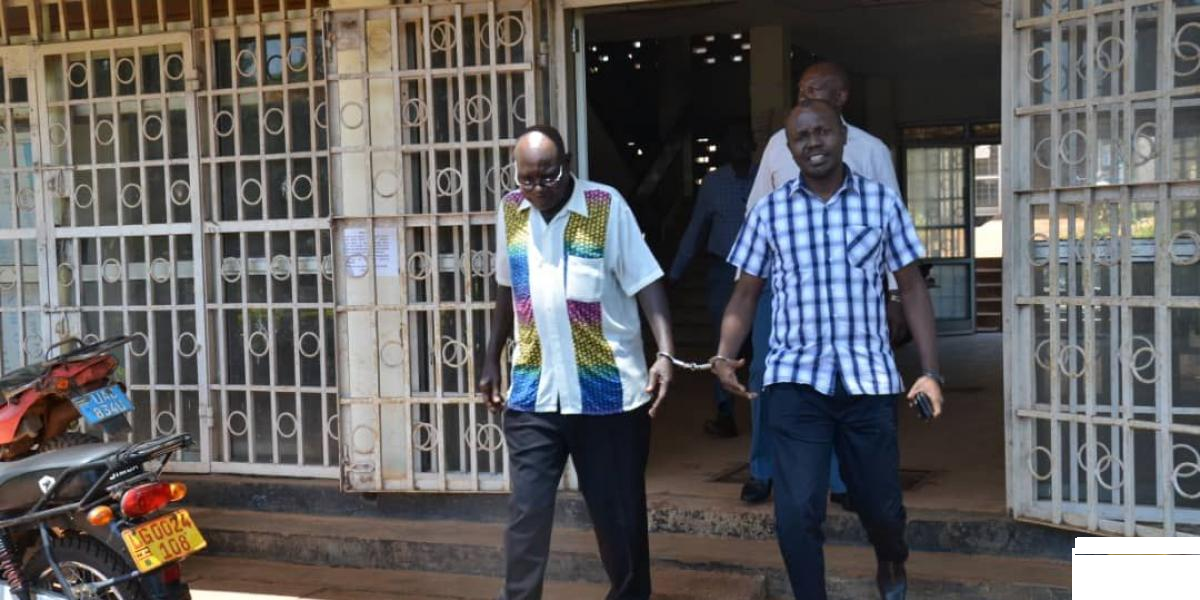War can be avoided. Technology is about human innovation and ingenuity. However, in speaking about the availability of wheat for bread today, where the same has been disrupted by the conflict in Ukraine or that wheat cultivation on the scale that previously made Ukraine the breadbasket of the world – one may easily forget that neither war nor technology is as important to feeding the world as the climate.
Uganda is not Ukraine but within the East African region is regarded as the food basket – mostly on account of its agreeable weather and arable soils. Unfortunately, changing temperatures and rainfall patterns have led to prolonged dry spells, increasing incidences of pests and diseases, floods, and even landslides. A farmer in Bugisu or Masaka is forced to ponder, without answers, when the rains are coming.
When should I plant my cassava, a mother may ask in Arua? The days when rain was expected say between March and May can no longer be relied on. It is warmer now during this traditional rainy season which itself has implications not only for agriculture.
Warm temperatures are affecting human and animal health. They also have deleterious effects on other ecosystems including our capacity to generate energy, provide safe water for home consumption and animal use.
These crises are not even hidden. They were in full display when the sky darkened to the invasion by locusts of over 24 districts in six sub regions of Uganda. Today the armyworm has spread and is now ravaging about 38 districts in the country. In Ntoroko District long dry spells have resulted into death of large herds of cattle due to water shortage.
Like war or technology, human activity is identified with the causes as well as the potential for solutions. The climate today is an active scene of potential innovations to try and reduce its effects especially to the supply of food. Scarce financial resources, for example, are being directed to responsible production methods and energy efficient use – in what we call green financing to which we shall return.
But first it is important to understand that climate change is costly as is our inaction.
The locust invasion could have cost the government between $12 million and $42 million according to an assessment carried out by Food and Agriculture Organisation and the World Food Program in Karamoja and Teso. The Uganda Media Centre estimated an economic loss worth $218.3m that would have been lost in revenue from crops if quick action had not been taken. This effect could have been worse. This is because a small swarm (1 km2) can be made up of 80 million locusts and can consume the same amount of food in one day as 35,000 people, while a large swarm can eat up to 1.8 million metric tons of green vegetation, equivalent to food enough to feed 81 million people.
Where climate conscious solutions are missing – responses to lower food production can cause more problems than they solve in the short run and therefore be more expensive to clean up.
According to the World Bank, extreme events leading to these disasters have increased over the last 30 years, significantly affecting food production and productivity. The production has relatively improved for most of the food and cash crops (UBoS, 2020), largely due to opening more land and not due to agriculture intensification.
Thus, despite the increase in production, the United Nations Statistics Division of the Food and Agriculture Organization (2018) reported low on-farm productivity, and this has been on a downward trend over the years. A recent report by the Economic Policy Research Centre (2018) at Makerere University on ‘Fostering a Sustainable Agro-Industrialisation (AGI) Agenda in Uganda’ showed that the production had increased at the expense of the environment through expansion of agricultural land into highly carbon stocked areas such as the forests and wetlands.
It is this encroachment that itself causes climate variability. In short in trying to grow more food this way we risk more drought and floods thus the low productivity over time. According to the World Bank climate change could see a reduction in the national production of food crops such as cassava, maize, millet, and groundnuts by the 2050s. Overall losses of food crops by the 2050s could reach up to US$1.5 billion.
The effects can already be seen in the cost of food at most markets – their quantity, quality and prices are constantly changing and not for the better. Financial institutions like the Uganda Development Bank whose focus is the improvement of agricultural production are adapting financing to deal with these realities. Sometimes referred to as Green Finance, what this means is making money available to especially rural based small agro businesses to remain profitable while employing climate efficient technologies.
As already explained the cost of not acting now, scientifically as well as prudently within the economy will be enormous and potentially disastrous. The calculus is simple. If agriculture is not practiced sustainably, Uganda as a country will suffer the instability of low food production against a growing population and greater harm to the environment.
Over 70% of the population in Uganda is rural and depends on rainfed smallholder subsistence farming as a source of their livelihood. In addition, the agriculture sector employs 68% of the working age population and with an annual population growth rate of 3.0%, the reducing food production will be worsened by the rapidly rising population.
Moreover, agriculture accounts for 24% of gross domestic product of the country, 31% of export earnings, and employs 68% of the population majority of whom are women. The sector therefore presents high economic risks if affected by economic losses related to climate change impacts.
What we need and should pay for, and the increased awareness and use of modern sustainable production in the rural areas, increased use of fertilizers, improved seed, and irrigation. This is the real war of survival we are fighting.
Pius Wamala is a Green Finance Expert at the Uganda Development Bank
Do you have a story in your community or an opinion to share with us: Email us at Submit an Article









